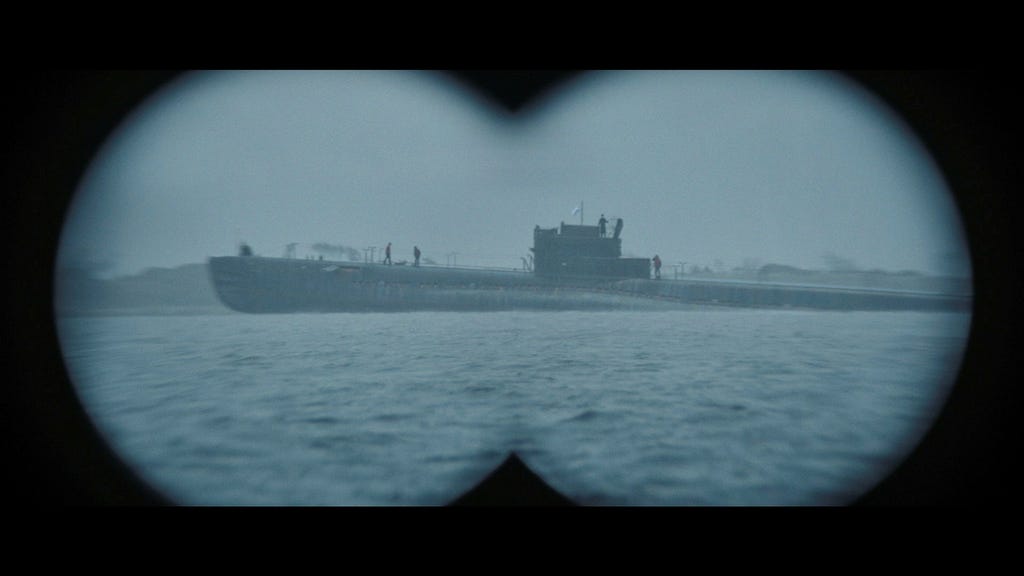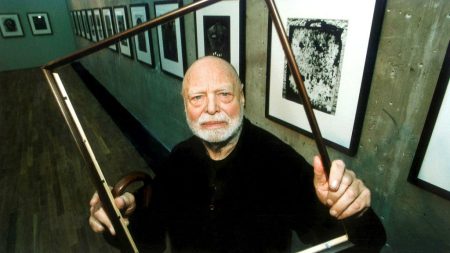In late October 1981, a celebratory atmosphere permeated the Soviet submarine U137, known as C363 in Soviet designation. A crew member had just become a father, an occasion marked by copious amounts of alcohol. Unfortunately, the submarine’s navigator also partook in the revelry, and instead of charting a course back to the Soviet Union, he mistakenly steered the vessel straight towards Karlskrona, a Swedish military protected area. Amidst the merriment, the submarine abruptly ran aground on a skerry in Blekinge, Sweden. The grounded vessel, a 76-meter long Whiskey-class submarine, carried nuclear weapons, adding an alarming dimension to the incident. Occurring during the height of the Cold War, the event escalated into a major international crisis.
The premise of the series ”Whiskey on the Rocks,” based on this incident, might seem like a far-fetched World War III fantasy. However, as older readers and viewers may recall, a similar event did indeed transpire. Sweden, and the world, faced a precarious situation. At the center of the crisis was Thorbjörn Fälldin, the then-Prime Minister of Sweden, perceived as steady but also criticized for his perceived slowness in the eyes of some contemporaries. Actor Rolf Lassgård, who portrays Fälldin in the series, describes the story as focusing heavily on men in positions of power. Lassgård expressed his enjoyment in playing Fälldin, noting the surprising similarities between them, including their shared Northern Swedish upbringing, involvement in amateur theatre, and even their physical resemblance.
”Whiskey on the Rocks,” a six-part series of 30-minute episodes, takes the form of a satire, blending real events and figures with creative liberties, yet avoids descending into pure farce. Director Björn Stein and writer-producer Henrik Jansson-Schweizer skillfully balance the tragicomic portrayals of various figures, from the Soviet submarine crew and a warmongering Swedish Supreme Commander to an inebriated Leonid Brezhnev and a candy-munching Ronald Reagan. These figures, some fictionalized, some real, held the world’s fate in their hands for a tense few days. The series subtly highlights the gravity of the situation and how close the world came to disaster, a chilling undercurrent that pervades the narrative like a November fog.
The genesis of ”Whiskey on the Rocks” began as a thriller, but the creators struggled to find the right tone. Upon suggesting a satirical approach, they brought in Jonas Jonasson, author of ”The 100-Year-Old Man Who Climbed Out the Window and Disappeared,” who wrote a compelling synopsis that quickly led to the screenplay. Björn Stein, known for his comedic directing, was brought on board, and the project gained momentum. Stein aimed for a different type of humor than typically seen in Swedish productions, and the real-life absurdity of the U137 incident provided ample material. He believes in the power of humor to address serious topics, arguing that it can make political commentary more impactful.
The series features a large ensemble cast of nearly sixty speaking roles, with multiple key characters besides Fälldin. Ola Ullsten, Sweden’s then-Foreign Minister, played by Anders Mossling, is one. However, a central figure is the fictional Russian ambassador, Aleksandra Kosigyna, portrayed by Finnish actress Elsa Saisio, who boasts ten years of Russian studies. Kosigyna acts as a diplomatic force, navigating the volatile personalities of powerful men like Brezhnev, who reportedly threatened to destroy the submarine if the crew couldn’t be rescued. Saisio, too young to remember the incident firsthand, drew on accounts from those who lived through it, recognizing its significance in Finland, a country historically familiar with Russian tensions. Kosigyna represents a strong, resourceful woman strategically managing information to prevent disastrous decisions, a theme relevant even today amidst global political uncertainties.
The series probes the dynamics of power and how differently it was wielded during the Cold War. While there were two opposing blocs, East and West, there existed a sense of restraint and a voice of reason, particularly from neutral countries like Sweden under Fälldin’s leadership. The creators note a heightened sense of unpredictability in today’s world, questioning where that same voice of reason resides now. Started before Russia’s invasion of Ukraine, ”Whiskey on the Rocks” takes on a new resonance, with the portrayal of Ronald Reagan, played by Mark Noble, viewed as almost prophetic in light of current events. The creators reflect on how reality has caught up with the themes of the series, as the potential for global conflict remains a stark reality. The series ultimately encourages viewers to contemplate the precarious balance of power and the ever-present threat of unintended consequences in a world fraught with tension.














